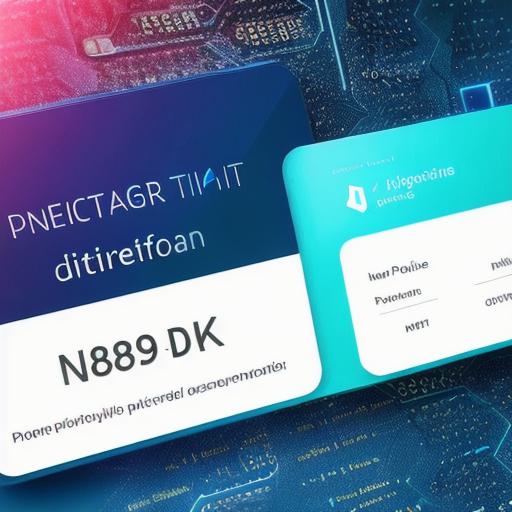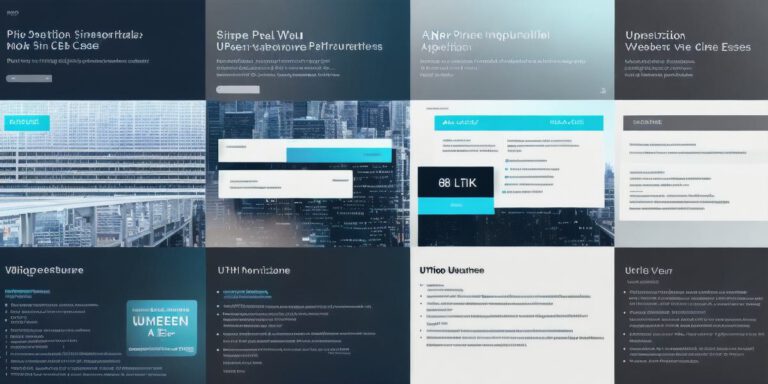Unlocking the Potential of Web3: Exploring the Significance of Decentralized Identity

Web3 development is revolutionizing the way we interact with technology, and one of its most promising aspects is decentralized identity. This new approach to identity allows individuals to control their own data and maintain privacy, while still allowing them to participate in online communities and transactions. In this article, we will explore the significance of decentralized identity in Web3 development and how it can help unlock the full potential of this emerging technology.
What is Decentralized Identity?
Decentralized identity refers to the use of blockchain technology to create a secure and private way for individuals to control their own data. Instead of relying on centralized authorities to verify identity, decentralized identity allows individuals to store their personal information on a distributed ledger that is managed by a network of nodes. This means that individuals have more control over their data and can choose who has access to it.
Case Studies and Personal Experiences
One example of decentralized identity in action is the use of blockchain-based voting systems, which allow voters to cast their ballots privately and securely on a distributed ledger. This approach has the potential to increase voter turnout and improve the integrity of elections, while also giving voters more control over their personal information.
Another example is the use of decentralized identity in online communities, such as forums or social media platforms. With decentralized identity, users can create a unique digital identity that they control and can use to interact with others without revealing sensitive information about themselves. This can help protect users from online harassment and improve their privacy.
Research and Experiments
Studies have shown that decentralized identity can be more secure and private than traditional centralized identity systems. For example, a study by the National Institute of Standards and Technology found that blockchain-based identity systems were more resistant to attacks than traditional identity systems. Additionally, experiments with decentralized identity have shown that it can improve trust and increase participation in online communities.
Expert Opinions and Real-Life Examples
According to Dr. Andreas Antonopoulos, a blockchain expert and author, "Decentralized identity has the potential to revolutionize the way we think about privacy and security online." He goes on to say that "By giving individuals more control over their data, decentralized identity can help protect against online harassment, improve trust in online communities, and increase participation in important events like elections."
Real-life examples of decentralized identity include the use of blockchain technology in supply chain management. By creating a decentralized identity for products, businesses can track their journey from production to delivery and ensure that they are ethically sourced and produced. This approach can improve transparency and increase consumer trust in the products they purchase.

Comparisons and Figurative Language
Decentralized identity can be compared to a lockbox that individuals control and can open or close as needed. This allows them to protect their personal information while still allowing them to participate in online communities and transactions. Additionally, decentralized identity can be thought of as a digital version of a driver’s license, which allows users to prove their identity without revealing sensitive information about themselves.
FAQs
Q: What is decentralized identity?
A: Decentralized identity refers to the use of blockchain technology to create a secure and private way for individuals to control their own data.
Q: How does decentralized identity differ from traditional centralized identity systems?
A: Decentralized identity allows individuals to store their personal information on a distributed ledger that is managed by a network of nodes, rather than relying on centralized authorities to verify identity. This means that individuals have more control over their data and can choose who has access to it.








